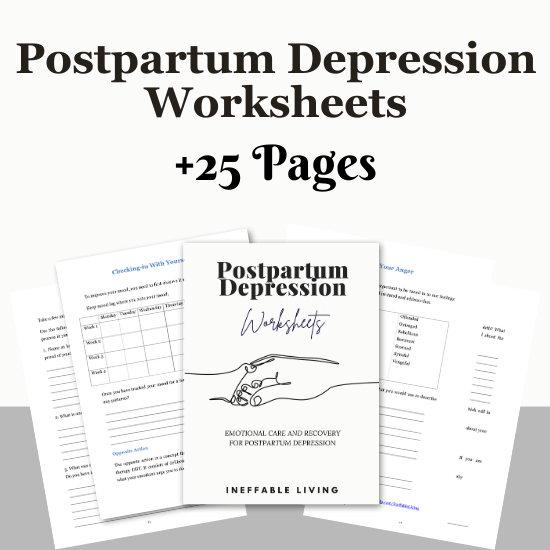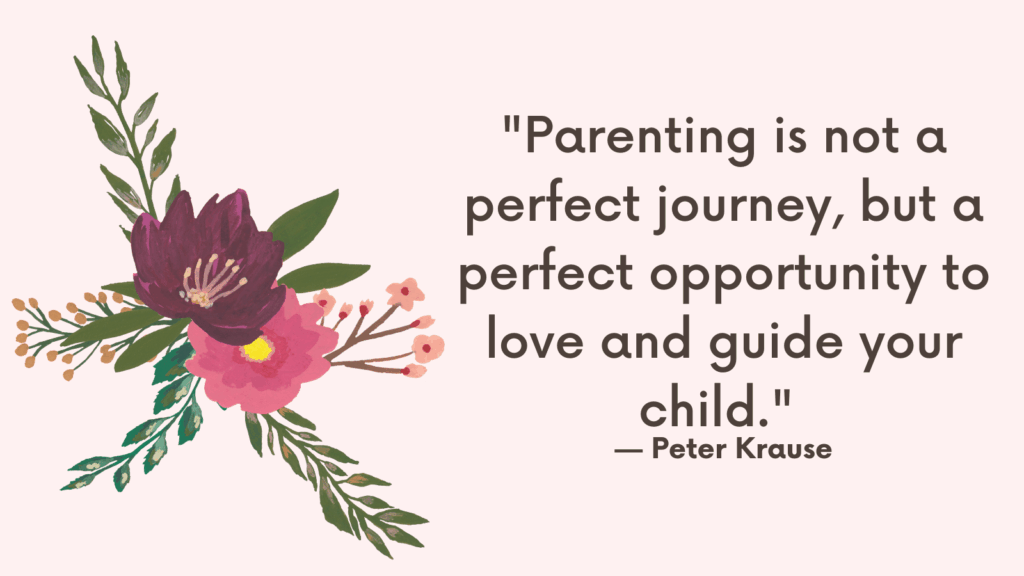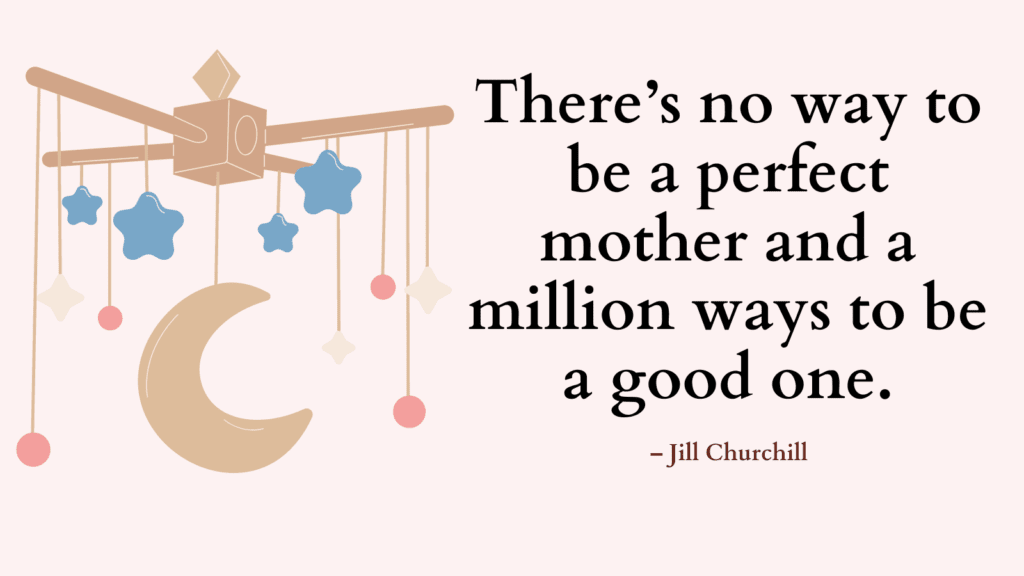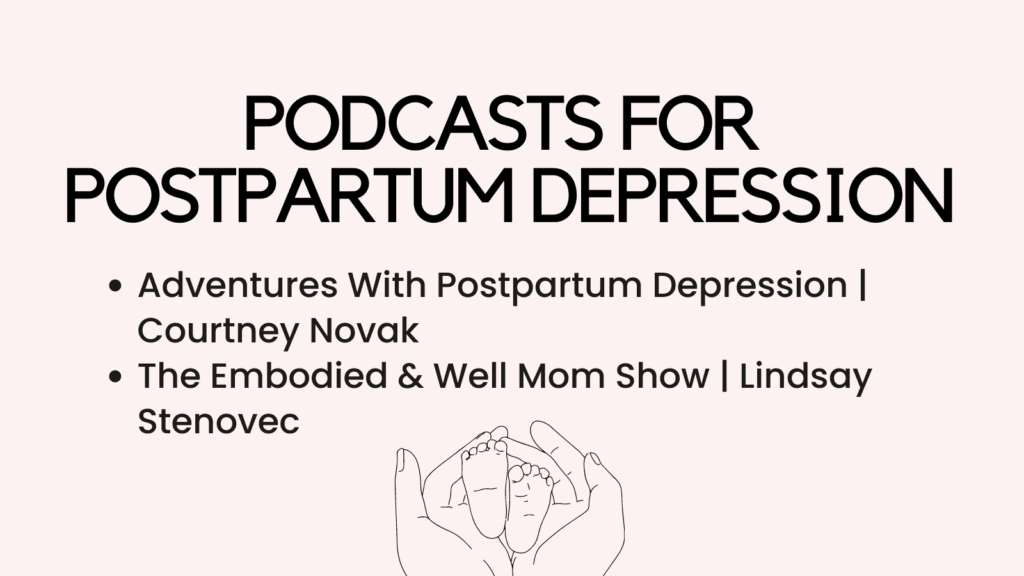Asking for help during the postpartum period can feel difficult — even when you need it most. You might fear being judged, feel like you’re supposed to “handle it,” or struggle to even know what to ask for. But needing help doesn’t mean you’re failing — it means you’re human. And in the tender, exhausting, and overwhelming early days of motherhood, help is not a luxury — it’s a necessity. Here’s how to ask for support in ways that feel honest, manageable, and empowering.
Why It’s Hard to Ask for Help After Birth
Many new mothers struggle to ask for help, even when they desperately need it. This hesitation often comes from:
- Cultural conditioning that praises self-sacrifice and “strong mothers”
- Fear of judgment—that others will see you as weak, ungrateful, or failing
- Unrealistic expectations that you should be able to “handle it all”
- Not knowing what to ask for, or feeling unsure what kind of help is even available
- Guilt for taking someone else’s time or energy
The result is a mental tug-of-war between needing support and not feeling entitled to it.
Related: Postpartum Anxiety Quiz (+ 5 Tips On Overcoming PPA)
Signs You’ve Waited Too Long to Ask
Many moms delay asking for help until they hit a breaking point. Watch for these red flags:
- You’re crying daily, or holding in tears to appear “okay”
- You’re snapping at your partner or other children
- Your home feels chaotic and you’re mentally overwhelmed by simple tasks
- You feel invisible—like no one truly sees how much you’re carrying
- You fantasize about running away or being alone just to breathe
These aren’t dramatic—they’re signs your nervous system is overstressed and needs outside support.
How to Ask for Help When You’re Struggling Postpartum
1. Remind Yourself That Needing Help Is Normal
Postpartum recovery is intense. You’re healing physically, adjusting emotionally, and caring for a newborn. It’s not meant to be done alone. Accepting help isn’t a sign of weakness — it’s a wise and necessary step toward staying afloat.
2. Name What You’re Feeling First
Before reaching out, take a moment to reflect on what you’re struggling with. Are you exhausted? Anxious? In pain? Overstimulated? Naming your feelings helps you communicate more clearly — and reminds you that they’re real and valid.
3. Start Small and Specific
People want to help, but they often don’t know how. The clearer you are, the more likely they can show up.
Try:
- “Can you drop off a meal this week?”
- “Would you be able to hold the baby for 30 minutes so I can nap?”
- “Can you help with laundry when you come over?”
Specific tasks make it easier for others to say yes — and easier for you to receive.
4. Choose People Who Feel Safe and Supportive
Not everyone knows how to respond to vulnerability. Reach out to people who listen well, respect boundaries, and don’t make it about them. It’s okay to bypass people who drain you — even if they’re family.
5. Use Texts or Notes If Talking Feels Too Hard
When you’re exhausted or emotional, it might be easier to write a message than speak in person.
Try:
“I’ve been feeling really overwhelmed lately. I know you’ve offered help — would you still be up for bringing dinner or running an errand?”
Written messages give you space to express yourself clearly and take the pressure off an emotional conversation.
6. Let Go of Needing It to Look Perfect
You don’t have to wait until you can ask “gracefully.” It’s okay to cry, ramble, or stumble over your words. People who love you aren’t waiting for the perfect delivery — they’re waiting for the chance to show up for you.
7. Be Honest About Your Mental Health (When You’re Ready)
If you’re struggling emotionally, you can say:
“I think I might be dealing with postpartum depression or anxiety. I’m not sure what I need, but I don’t want to keep this to myself anymore.”
You don’t need a diagnosis to speak up — you just need honesty. Starting the conversation is a brave and important step.
8. Accept Help Without Guilt or Apology
You don’t owe people a spotless house, small talk, or constant gratitude. Let them help. Say thank you, then rest. You’re allowed to receive support without overexplaining or minimizing your needs.
9. Consider Professional Support
If the emotional weight feels too heavy, reach out to a therapist, postpartum doula, or support group. Saying, “I need help from someone trained to support this stage,” is an act of courage — not failure.
10. Create a List of Go-To Requests
Keep a short list of things people can do when they say, “Let me know if you need anything.” Examples:
- Grocery drop-off
- A hot meal
- A baby break
- A listening ear
- A walk or ride to an appointment
Having options ready makes it easier to say yes when the offer comes.
Related: Postpartum Depression Resources (Information, Podcasts, Books)
Postpartum Situations That Call for Immediate Help
Help isn’t just for emergencies. These everyday moments are valid reasons to reach out:
- You haven’t eaten a full meal or showered in over 24 hours
- You’re so exhausted you forget basic tasks or appointments
- You have physical pain that’s not improving
- You’re experiencing mood swings that scare you
- You feel disconnected from your baby or emotionally numb
If these are happening, asking for help isn’t optional—it’s essential.

Conclusion
You’re not expected to carry everything alone — especially now. Asking for help postpartum isn’t a burden on others. It’s how you stay connected, how you protect your mental health, and how you begin to heal. You don’t have to be strong all the time. You just have to be honest — and open the door to the care you deserve.



